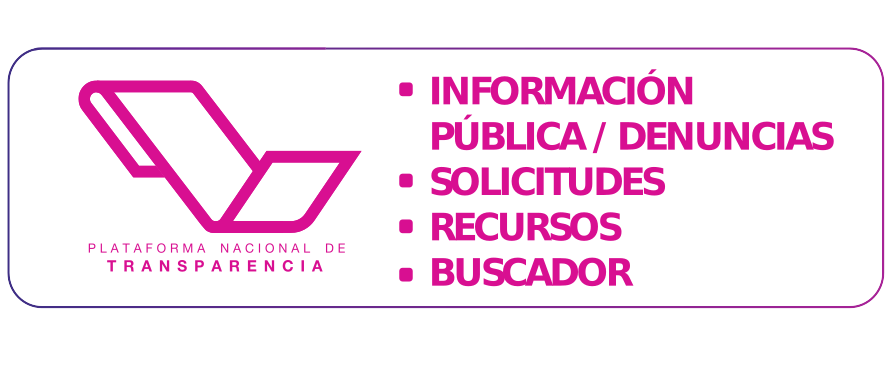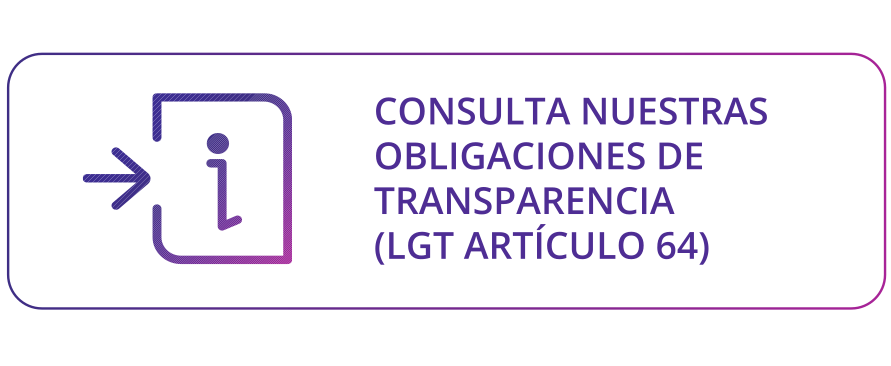“‘De cometas y fronteras’ es un documental tejido del fragmento de tres historias, de la vida de Carmela, de Edie, Fernando y Adrián, cuatro niños que viven y trabajan en la ciudad de Tijuana; una historia que intenta reflexionar sobre la conquista diaria del derecho a ser niño en la frontera de México y Estados Unidos”.
Así presentó el filme Yolanda Pividal, directora del documental traído a Tijuana gracias al esfuerzo colaborativo entre el Centro Cultural Tijuana y El Colegio de la Frontera Norte, y que contó con los comentarios del Dr. Guillermo Alonso, del departamento de Estudios Culturales de El Colef, y la Mtra. Aida Silva Hernández, candidata a doctora en Ciencias Sociales con especialidad en Estudios Regionales por dicho centro de investigación.
El documental aborda la vida de Edie, Carmelita y los hermanos Adrián y Fernando: Edie es un muchacho de quince años, gallero y “pollero”, ve lo que hace como un bien para la gente que busca reunirse con sus familias al otro lado, mientras se promete a sí mismo que nunca doblará la espalda en la maquila; Camerlita es una niña de nueve años que ayuda a su papá pepenando en busca de metales para venderlos y obtener dinero para el sostenimiento diario; llegó a la colonia Nueva Esperanza, Ejido Chilpancingo, junto con sus padres y sus cuatro hermanos a invadir el terreno después de que su casa se consumiera por el fuego.
Adrián y Fernando son dos niños que hacen lucha libre en las esquinas para ayudar a su familia que se quedó sin fuentes de ingreso, llegaron a Mexicali para ver a su abuela enferma; los dos hermanos buscan ser luchadores profesionales y practican todos los días para trabajar en las esquinas en los cruceros de la ciudad de Tijuana y cumplir su sueño.
La Mtra. Silva señala que el trabajo de síntesis realizado permite conocer los entornos de vida de estos niños y sus familias pero también se echa una mirada “a sus mundos subjetivos, al interior de sus pensamientos, sentimiento y expectativas”.
“En ese habitar y jugando con las representaciones –continúa– parece que aún en la pobreza de los entornos de los cuatro personajes, la exclusión y el trabajo infantil, la percepción es que en su afán, en sus sueños, en la esperanza de un futuro mejor, la frontera como límite se desvanece”.
Por su parte el Dr. Guillermo Alonso expresó que el documental logró captar de manera original y con mucho detalle la adversidad haciéndoles un homenaje a esos niños y a las personas que trabajan y viven al día, y a una Tijuana que existe ahí y que a veces es olvidada.
Pividal reconoció el trabajo del equipo que hizo posible la realización del documental,
“La Tijuana que me interesaba reflejar era… en la que está la frontera sin mirar a la frontera, la frontera ya se ha hecho vida, se ha hecho lenguaje, se ha hecho subjetividad y es la que se podía palpar muy bien con los niños hablando con ellos”, explica.
“La idea era un poco niños que trabajaran con el metal, […] me había parecido muy poético esa frontera de metal; quería un niño guía, porque era interesante analizar esa idea de guía además de profesión, de padres, de familia, como un trabajo; los niños luchadores los encontramos por casualidad”.
La directora expresó que la mayor parte del tiempo invertido en el documental fue de trabajo previo, con aproximadamente veinte días de trabajo con los niños y unos doce días grabando.
“El antídoto de esa pobreza es que son niños y están luchando y quieren.. una risa o un juego para ellos es un conquista a pesar de la condiciones materiales que les rodean”, completó.
Finalizó diciendo que para acercarse a analizar esos problemas “tenemos que acercarnos, y no verlos como el otro, sino dejar de pensar que es el otro…”
El documental se presentó el jueves 30 de enero en la Sala Carlos Monsiváis a la cual asistió la familia de Carmelita, estudiantes de la Maestría en Estudios Culturales y algunos miembros de organizaciones sociales.
Yolanda Pividal es periodista multimedia y documentalista española radicada en en Nueva York desde 2005. Ha recibido varios premios por su labor como documentalista centrada en la exploración de la condición migrante en la gran ciudad y la vida en la frontera, así mismo se ha ganado el reconocimiento de las instituciones culturales estadounidenses; “De cometas y fronteras” es su primer largometraje documental y ha recibido la Kathryn W. Davis Fellowship for International Understanding Through Film del Jacob Burns Film Center de Nueva York, donde actualmente enseña documental y desarrolla nuevos proyectos de narración colectiva e innovación educativa a través del audiovisual.
That was the way Yolada Pividal presented the documentary directed by her own which was brought to Tijuana thanks to Colegio de la Frontera Norte (El Colef) and the TijuanaCulturalCenter effort, Dr. Guillermo Alonso Meneses and doctor candidate Aida Silva Hernandez both from El Colef participated with comments after the documentary projection”.
The documentary describes the life of Edie, Carmeilta and brothers Adrian and Fernando: Edie is a fifteen years old boy, dedicated to cockfighting and migrants crossing, he sees what he does as a good for the people who l looks forward to join with their families “in the other side”, meanwhile, he promises to himself that he never will work in a “maquila”; Carmelita is a nine years old who helps his dad looking for metal objects in trash in order to sell it and gain some money to daily living; she arrived to Nueva Esperanza“ living area, with her parents and four brothers invading a terrain after the fire consumed their previous house
Adrian and Fernando are two children who practice wrestling in the street and traffic lights to help their family that lost their financial incomes, they arrived from Mexicali to see their sick grandmother; the two brothers want to be professional wrestlers and practice everyday working in the streets of Tijuana city to accomplish their dream.
Aida Silva pointed out that the synthesis work done by the director allows us to know the daily life environment of these kids and their families, but it is also a look into “to their subjective world, inside their thoughts, feelings and expectations”. “In this living and playing with representations, it seems like even in the four characters’ poverty environment, the exclusion and children work, the perception is that, in their dreams in the hope of a better future, the border as a limit it dissolves”
In Dr. Guillermo Alonso participation, he argued that, the documentary truly achieve to record in an original and detailed way and the adversity in which they live, this is like a tribute to the children and people in general who work and live in poverty, and to a Tijuana that still exists and sometimes is forgotten.
Pividal recognized the teamwork and the people who help her in the documentary making. “The Tijuana that I wanted to show was the one who is in the border without looking at it, that border has become life, it has become a language, it has become subjectivity ant he other one which can be touch talking with the children.” The director explained.
“At the beginning, the idea was that the children worked with metal, […] it seemed very poetic for me because of the metal border; I wanted a child narrator, because it would be interesting to analyze that idea from parents, family, having a job; actually we found the wrestlers children randomly“
The director expressed that, mostly of the time invested in the documentary was about preproduction, twenty days working with the kids and twelve days recording approximately.
“That kind of poverty’s solution is that the children are wrestling and want to do it, a smile or a game for them is a conquest even though the material conditions around them”. The director finished arguing that, to get closer and analyze these problems: “We have to get closer and stop watching them as ‘the others’, we have to stop thinking that they are the others.’”
The documentary was presented on Thursday January 30th in the Carlos Monsivais Auditorium, Tijuana Cultural Centre buildings, Carmelita’s family, cultural studies master students and non governmental associations member join the presentation.
Yolanda Pividal is a Spanish multimedia journalist and documentary maker; she lives in New York since 2005. She has received many awards for her documentary work focused in the migrant’s life condition in “the big city” and the border. She also has earned American cultural institutions appreciation; “To kites and borders” is her first long-duration documentary and have received the Kathryn W. Davis Fellowship for International Understanding through Film del Jacob Burns Film Center from New York, where she actually teaches documentary and works up new projects focused on collective narrative and educative innovation through audiovisual elements.
![]()





